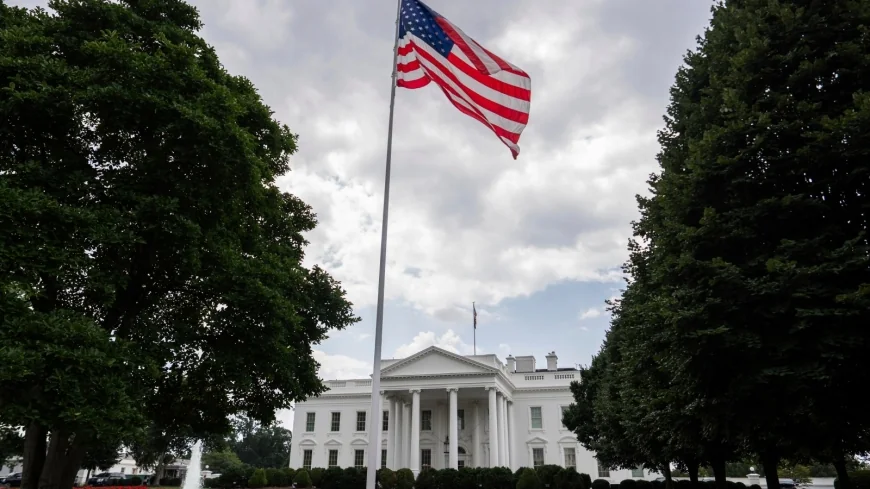‘Survival mode’ for federal workers: Richmond expert breaks down government shutdown

RICHMOND, Va. (WRIC) — A federal government shutdown could happen if lawmakers fail to reach a budget agreement on federal spending. The last big shutdown, which happened seven years ago, lasted 35 days and had a negative effect on the economy, experts say.
Local 804 Representative Chris Hollis said union LiUna works with thousands of federal employees nationwide who could be impacted.
"You have this government shutdown ... we're looking at a possibility of furloughs," Hollis said. "If people don't have jobs, they can't pay their bills. It's survival mode."
And that "survival mode" could be reality for many as the deadline for a shutdown -- that being midnight on Wednesday, Oct. 1 -- approaches.
RELATED: VA lawmakers agree they want to avoid a government shutdown, but disagree on how
"If we don't have that agreement in our system of government, then the government stops spending money -- and that's called a government shutdown," said Virginia Commonwealth University (VCU) political science professor Chris Saladino.
Saladino explained how lawmakers' failure to reach a budget agreement affects federal workers.
"Nobody gets paid," he said. "All federal programs, all federal government spending, stops within the purview."
He added that federal employees are categorized as either essential or non-essential workers. He said essential workers include those necessary for the nation’s defense, like active-duty military, while non-essential staff could be janitors in federal buildings.
It's this distinction that decides whether or not a federal worker must continue working during a government shutdown.
PHOTOS: Brunswick’s Cleo Powell honored as trailblazer in Virginia judiciary
"The fundamental difference is that non-essential workers would receive a furlough -- they would be told there's no need to come to work until this stoppage is over," Saladino said. "Essential personnel would be told, 'You must go to work, but you will not be paid until the stoppage is over.'"
He said both groups will receive back pay once a resolution is passed, but there is no timeline for when the shutdown could end. Ultimately, it depends on lawmakers reaching an agreement.
Hollis emphasized the personal impact on workers and their families.
"I have a lot of friends who are still within the federal government, and their biggest concerns are the loss of income, the loss of their securities," he said. "And, as a union worker, I can say that one thing that is instilled within us is to fight."
Emporia leaders vote to welcome data centers into city
Saladino said there is little the average American can do to prevent a shutdown, but he encouraged those opposed to contact their congressmembers.

 VENN
VENN 





